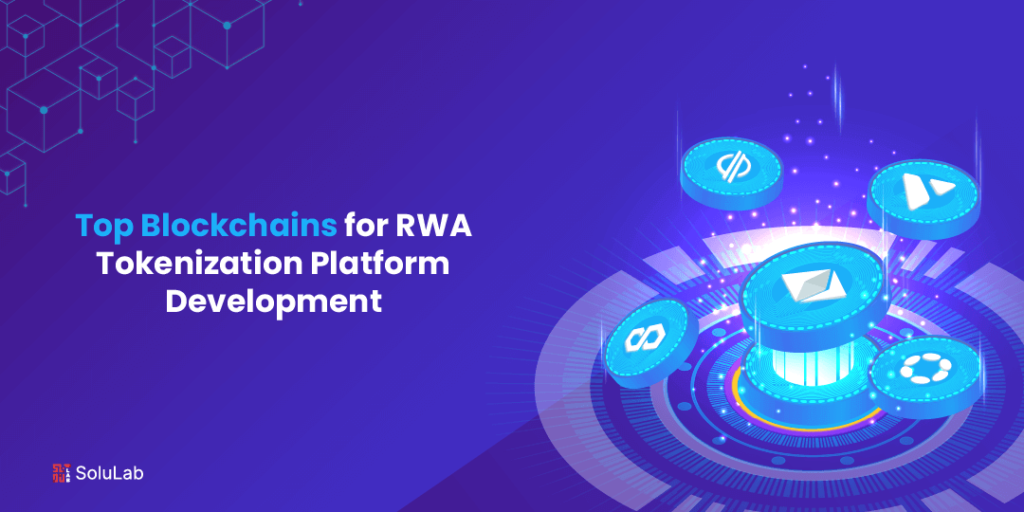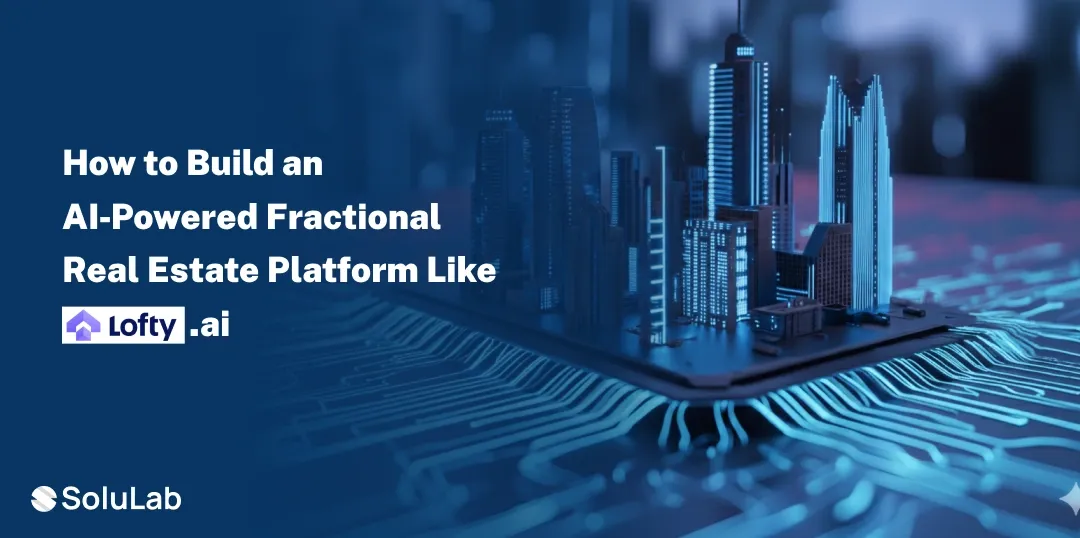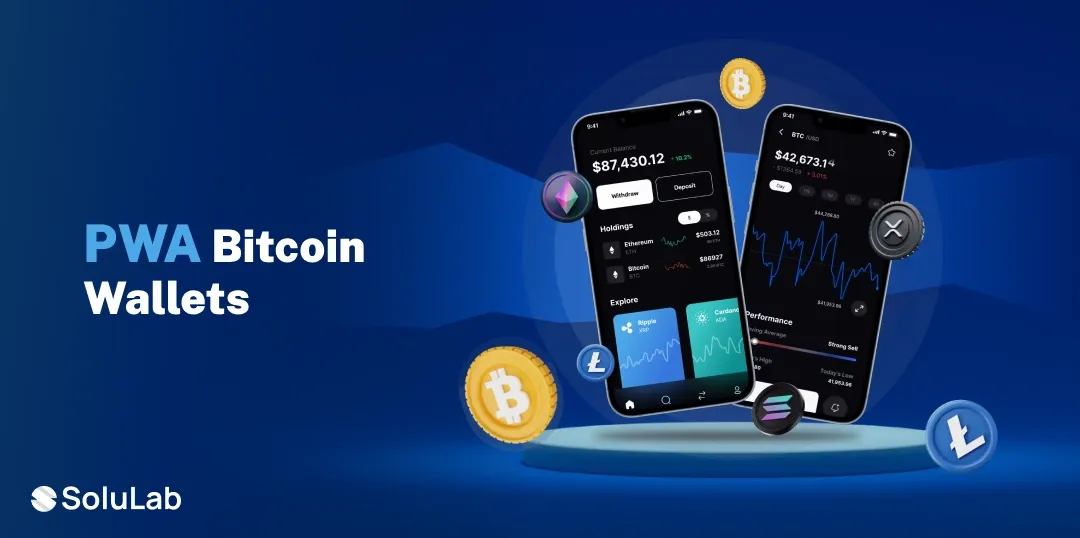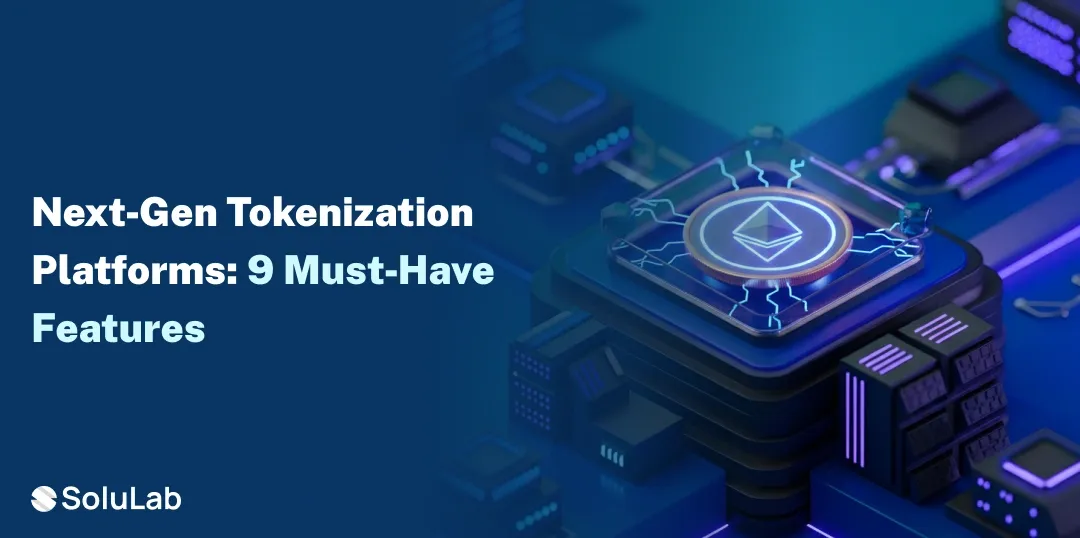Tokenizing real-world assets such as property titles, treasury notes, or equity shares on the blockchain has transitioned from theory to practice, fundamentally altering the methods of value storage and exchange. Investment companies and fintech startups are increasingly developing platforms that connect traditional finance with decentralized networks. However, at the foundation of every successful RWA project is a pivotal decision: selecting the appropriate blockchain.
As of May 2025, tokenized U.S. Treasury goods have surpassed $1.28 billion in total value locked (TVL), propelled by platforms such as Ondo and Matrixdock. As DeFi protocols progressively include real-world assets into their yield plans, developers and corporations are evaluating the most appropriate blockchains for constructing and deploying their tokenization platforms.
In this blog, we will explore the top blockchains for RWA tokenization platform development, assessing each according to scalability, compliance support, ecosystem maturity, and acceptance rates.
Key Criteria for Choosing a Blockchain for RWA Tokenization
Choosing the right infrastructure is crucial when building RWA tokenization platform solutions, as it directly impacts regulatory readiness, scalability, and long-term trust. The blockchain you choose will determine not just technical performance, but also how well your platform can align with legal standards, scale with users, and support long-term innovation. Here are 6 key factors to consider when evaluating potential chains:
1. Regulatory Compliance and Identity Support: Tokenizing real-world assets often requires compliance with KYC/AML regulations. Look for blockchains that support permissioned tokens, verifiable credentials, and integration with compliance providers.
2. Customizable Smart Contracts: Flexibility in smart contract development allows you to create asset-specific logic, handle revenue sharing, and implement liquidation or governance mechanisms with precision.
3. Scalability and Fee Structure: A chain’s throughput and cost per transaction matter significantly when your platform processes high volumes of transfers or recurring events like interest payouts.
4. Tailored for RWA Tokenization Platform Solutions: Not all blockchains are equally suited for RWA needs. Choose one that supports standards like ERC-1400 or ERC-3643 and is built with financial asset representation, compliance layers, and access control in mind.
5. Interoperability and Ecosystem Access: Tokenized assets thrive in open ecosystems. Select a chain that offers solid bridge support, connects easily to custodians or oracles, and enables interaction with external systems.
6. Reliable and Secure Blockchain Technology: A stable and well-audited network is non-negotiable. Ensure the underlying blockchain technology has a proven track record in uptime, decentralization, and protection against attacks.
Top Blockchains for RWA Tokenization to Look Out for in 2025
Discover the most reliable blockchains powering next-gen asset tokenization in 2025. From Ethereum to Hyperledger, here’s what’s shaping the future of on-chain RWAs.

1. Ethereum
Ethereum remains the go-to blockchain when it comes to tokenizing real-world assets, its well-established ecosystem, regulatory compatibility, and extensive developer tooling. Its smart contract capabilities offer a flexible base for projects aiming to tokenizing everything from real estate to U.S. Treasury bills. Ethereum accommodates to multiple RWA tokenization standards like ERC-3643 and ERC-1400, making it the preferred chain for projects.
What sets Ethereum apart is its reputation among RWA tokenization companies and its acceptance by institutional players. If you’re planning on building an RWA platform that needs strong community support, long-term reliability, and access to institutional DeFi, Ethereum is hard to beat.
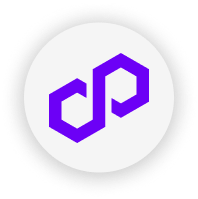
2. Polygon
Polygon offers the scalability and affordability that Ethereum struggles with, while still being compatible with the Ethereum Virtual Machine (EVM). This makes it ideal for projects that want Ethereum-grade security but without the high transaction costs. Polygon has gained serious traction among startups and mid-sized projects looking to offer real-world asset tokenization solutions without pricing out everyday users.
For top blockchain platforms that are both accessible and future-focused, Polygon checks many boxes. Its carbon-neutral commitment, developer-friendly infrastructure, and active ecosystem funding make it an attractive destination for RWA projects. Platforms like AQRU and Superstate are already building on or integrating with Polygon,
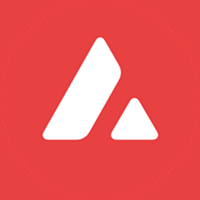
3. Avalanche
Avalanche is carving out a niche as a high-speed, low-latency blockchain that is well-suited for asset tokenization. Its Subnet architecture allows developers to create permissioned environments with specific compliance features—ideal for financial institutions or governments looking to bring assets on-chain securely.
Its growing support towards an RWA tokenization company comes from more than just tech. As more players seek real-world asset tokenization solutions with lower latency and stronger infrastructure control, Avalanche continues to rise as a viable alternative to legacy chains.

4. Stellar
Stellar has always focused on financial inclusion, making it a natural fit for tokenizing fiat currencies, remittances, and trade finance instruments. Unlike general-purpose blockchains, Stellar was designed for value transfers and has built-in support for multi-currency transactions and KYC-compliant anchors.
Projects such as Franklin Templeton’s tokenized money market fund have launched on Stellar, showing its practical use in bringing traditional finance into Web3. For enterprises interested in blockchain-as-a-service options for digitizing financial assets across borders, Stellar offers a fast, compliant, and frictionless experience.
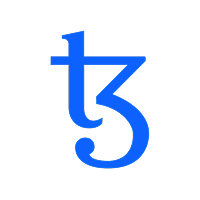
5. Tezos
Tezos brings an edge to the RWA space with its on-chain governance and energy-efficient consensus model. Its ability to upgrade without hard forks ensures long-term stability, a crucial factor for tokenized assets that may exist on-chain for years. Tezos also supports formal verification for smart contracts, allowing mission-critical asset logic to be mathematically proven and highly secure.
As regulatory clarity increases, platforms with upgradable governance and formal verifiability are gaining interest among top blockchain development companies. It’s a strong pick for teams building an RWA platform that values both innovation and institutional-grade assurance.
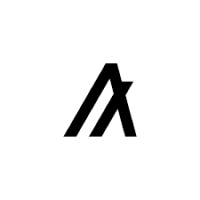
6. Algorand
Algorand is engineered with institutional-grade performance in mind, making it a favorite for enterprise use cases involving government bonds, commodities, and digitized gold. Its Pure Proof-of-Stake mechanism offers near-instant finality, making transactions predictable and ideal for financial applications. Built-in Layer 1 features like atomic swaps and standardized asset issuance reduce development time and technical risk.
Algorand has formed strong ties with governments and global institutions. For companies seeking blockchain tokenization solutions that are scalable, secure, and regulator-friendly, Algorand is often part of the shortlist.

7. Polkadot
Polkadot stands out for its interoperability-first architecture. With parachains, developers can build specialized environments tailored to asset classes, whether it’s real estate, carbon credits, or intellectual property. This makes Polkadot ideal for multi-asset ecosystems that require secure cross-chain functionality.
The chain is particularly appealing for RWA tokenization companies creating modular or jurisdiction-specific solutions. Teams can create fully customizable chains that interact seamlessly with Ethereum or other ecosystems. In 2025, as the demand for regulated, interoperable asset networks grows, Polkadot remains one of the most forward-looking options for blockchain platforms.

8. Binance Smart Chain (BNB Chain)
BNB Chain offers speed, simplicity, and global reach, making it a solid contender in the tokenization space, especially for consumer-facing or retail-investor platforms. Its EVM compatibility allows for easy migration from Ethereum while offering cheaper gas fees and faster confirmations. BNB Chain has already been used for tokenized real estate, art, and crowdfunding projects that require affordability and scale.
With Binance’s global brand and access to large user bases, the network offers unmatched distribution potential for asset-backed tokens. For businesses seeking mass-market reach with fast deployment and liquidity access, BNB Chain presents a practical and cost-effective infrastructure layer.

9. Cosmos
Cosmos promotes a modular approach to blockchain development through its “Internet of Blockchains” vision. Each project can build its own independent chain while still connecting to others using the Inter-Blockchain Communication (IBC) protocol. For tokenized assets that may need to interact with custodians, DeFi platforms, and regulators, this flexibility is extremely valuable.
Cosmos enables developers to fine-tune for compliance and transaction speed while maintaining interoperability. It’s particularly well-suited for multi-jurisdictional RWA projects or hybrid financial models. Cosmos is gaining traction among those looking for frameworks that support both private and public asset blockchain use cases.
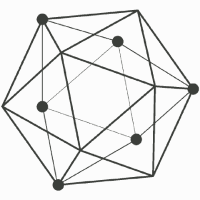
10. Hyperledger Fabric
Hyperledger Fabric is a permissioned blockchain framework often chosen by enterprises and regulated entities that need more control over their infrastructure. Its modular architecture allows organizations to create private channels, enforce strict access permissions, and tailor consensus mechanisms to specific use cases. This is especially useful in sectors where data confidentiality and transaction transparency must coexist.
Fabric has been widely adopted across industries like supply chain, banking, and insurance, where operational complexity requires more than a simple public ledger. For many enterprise-level applications, Fabric offers a practical and proven foundation for long-term adoption.
How to Evaluate the Right Blockchain for Your RWA Project?
Selecting the right blockchain for a real-world asset tokenization project isn’t just a technical choice; it’s a strategic business decision. It impacts how your asset is governed, who can access it, how it moves, and how investors perceive its credibility. Before committing to a platform, ask yourself: Does the chain align with your long-term goals, user base, and asset class?
-
Nature of the Asset
Start by assessing what exactly you’re tokenizing: is it real estate, a treasury bill, or a private fund? Some blockchains are better suited to liquid assets, while others are optimized for illiquid, long-term holdings. Understanding the asset’s behavior will guide your choice.
-
Who Will Use the Platform?
Is your end user an institution, a retail investor, or a government entity? Each audience has its own expectations for speed, transparency, and control. The right blockchain should match the expectations of your core user base in terms of experience and trust.
-
Lifespan of the Tokenized Asset
Some tokenized assets may exist for decades, think land deeds or long-term bonds. Will the chain you choose still be around in 10 or 20 years? Stability and continuity are often overlooked but are vital for asset-backed platforms.
-
Data Transparency vs. Privacy
Certain blockchains expose every transaction publicly, while others offer selective disclosure. Depending on your asset class and region, this could make or break your compliance and investor trust.
-
Availability of Local Node Infrastructure
It’s one thing to have a fast chain; it’s another to ensure your region or industry can actually support it. Check for node access, latency, and availability of managed services that suit your geography or sector.
-
Exit Strategy and Upgradability
Can you modify or migrate your smart contracts without uprooting the whole system? Whether it’s upgrades, patching, or governance changes, your chain should offer a smooth pathway for growth or exit without disruption.
-
Custom RWA Tokenization Platform
Finally, ask yourself: Does this chain give me room to innovate? If you’re not just replicating existing models but trying to design something tailored to your market, you’ll need the flexibility, modularity, and independence to build a custom RWA tokenization platform that doesn’t force trade-offs.
Conclusion
As the tokenization of real-world assets continues to reshape how value is stored and transferred, the importance of choosing the right blockchain cannot be overstated. Each chain brings something unique to the table, be it regulatory alignment, transaction efficiency, or long-term scalability. Whether you’re tokenizing real estate, private equity, or government securities, the foundation you build on will define how well your platform performs under pressure.
As an experienced RWA tokenization platform development company, SoluLab has helped businesses bring complex tokenization ideas into reality. One of our standout projects, Token World, was built as a next-gen cryptocurrency launchpad that connects blockchain ventures with investors through a clean, accessible interface. It’s a strong example of how utility-driven design, paired with deep development expertise, can create real market impact.
From technical consulting to full-stack development, SoluLab is ready to support your journey with purpose-built solutions and deep domain expertise!
FAQs
1. What types of assets can be tokenized using blockchain?
Almost anything with real-world value can be tokenized, including real estate, precious metals, corporate bonds, art, intellectual property rights, and even commodities like oil or carbon credits. The goal is to represent ownership or rights to that asset digitally, making it easier to transfer, divide, and manage.
2. Is tokenizing real-world assets legally recognized in most countries?
Legal recognition varies widely. Some jurisdictions, like Switzerland, Singapore, and parts of the U.S., have introduced clearer frameworks to support asset tokenization. However, in many regions, the regulatory landscape is still evolving. It’s crucial to consult legal counsel when launching a tokenized asset project.
3. How does asset tokenization benefit investors?
For investors, tokenization lowers the barrier to entry. It allows fractional ownership, making high-value assets like commercial buildings or private equity accessible to smaller investors. It also improves liquidity, tokens can be traded more easily than traditional paper-based ownership records.
4. Do I need to build a custom blockchain to tokenize assets?
No, you don’t have to build a blockchain from scratch. Most projects use existing platforms like Ethereum, Polygon, or Tezos, which already support smart contract capabilities. What matters more is choosing a chain that aligns with your compliance needs and technical goals.
5. Can tokenized assets generate passive income?
Yes, many tokenized assets can be programmed to distribute income streams, like rental income, dividends, or interest, directly to token holders. This is especially attractive for investors seeking yield-generating opportunities in decentralized finance (DeFi) settings.


